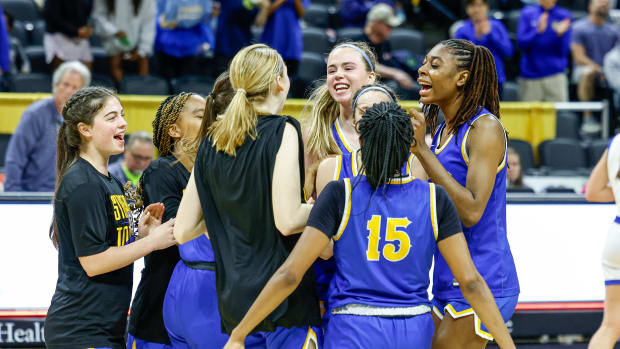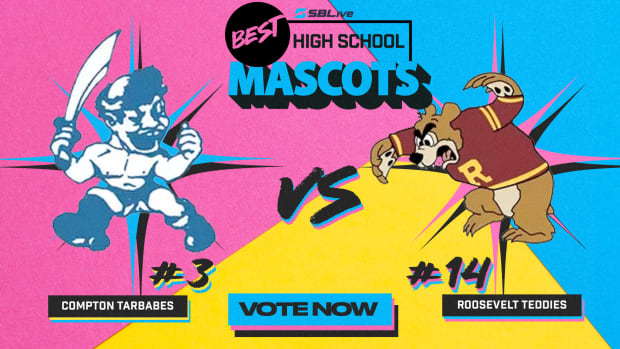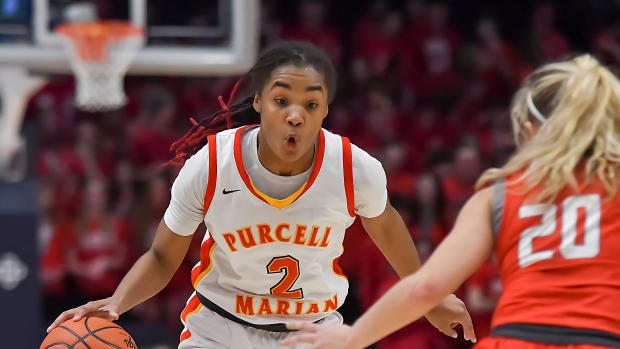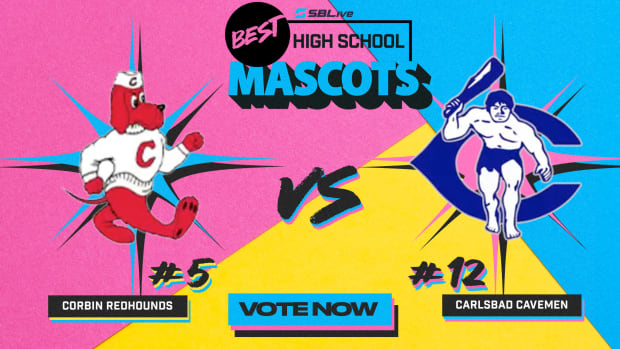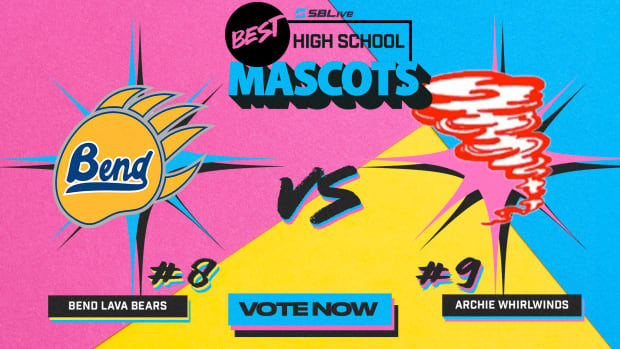NIL is coming to North Carolina high school sports. Here's what it means
NIL is officially making its way to North Carolina high school sports.
The state became the latest to adopt a policy granting high school athletes the ability to make money off of their own name, image and likeness — a rule that has ushered in an era where the highest-paid college athletes reportedly make millions of dollars.
The policy proposal was approved by the NCHSAA Board of Directors on Wednesday and will go into place effective July 1.
>> High school NIL rules in every state: Permitted, prohibited or under consideration?
Under the policy, high school athletes will be able to profit off of things like personally-owned brands, autographs, clinics and camps, coaching, licensing, non-fungible tokens (NFTs) and endorsements.
But there are many rules. For example, an athlete can't receive NIL help from its school and high school coaches.
Also included in the policy, which passed with 15-3 board approval, is language that bars the promotion of adult entertainment, firearms as well as alcohol, cannabis and other controlled substances. Coaches are also prohibited from representing players.
All NIL deals will need to be cleared by schools and the NCHSAA is requiring involved parties to take an annual course on NIL put on by the National Federation of State High School Associations.
North Carolina is the 28th state to permit NIL in some way.
The NCHSAA oversees more than 180,000 student athletes across its member schools, which include public, private, charter and boarding schools.
While many states have adopted rules since 2021 when NIL was allowed at the college level, some states like Ohio have voted down NIL-related rule proposals.
Discussion around NIL began at the college level. In the early 2000s, former UCLA basketball player Ed O'Bannon began to take legal action in advocacy of college athletes being able to be compensated for the use of their name, image and likeness, which was long against NCAA rules.
